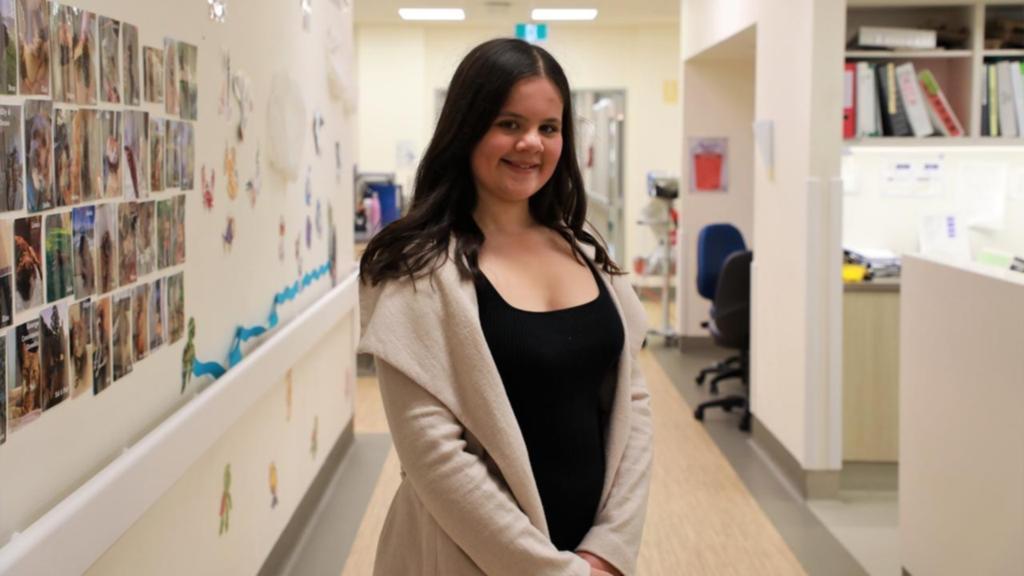We are proud to support a World-first trial for paediatric brain cancer
A world-first clinical trial, known as The Deflexifol® At Relapse Trial (DART), proudly supported by Kids with Cancer Foundation, has been launched at Sydney Children’s Hospital, Randwick for children with ependymoma – a rare and devastating form of paediatric brain cancer.
We are thrilled to have provided five-year funding for the DART National Study Coordinator and research costs, pledging more than $1,200,000 to Sydney Children’s Hospitals Foundation to directly support this lifesaving research – and we thank you, our generous supporters, fundraisers and donors for helping us to do this.
The trial is being led by Professor David Ziegler and Dr Marion Mateos at the Kids Cancer Centre (KCC) and will test Deflexifol® – a new Australian-developed co-formulation of a chemotherapy called 5-FU and leucovorin, in treating ependymoma in children. Deflexifol® is expected to be a less toxic and more effective chemotherapeutic compared with standard of care versions of these drugs commonly used to treat adult cancers.
The NSW Health Minister, Ryan Park, said: “This is world leading research which will make a real difference to the lives of these children and their families,”
“As Health Minister, I am determined to build a NSW health system that not only embraces, but places ourselves at the centre of innovation and advancement.”
Professor Ziegler said paediatric ependymoma is the third most common brain tumour in children.
“Currently, there are two treatments available; surgery to remove the tumour and radiation therapy,” Prof. Ziegler said.
“However, for at least one in three children, the tumour will grow back again after this treatment. Sadly, almost all children or adolescents with relapsed ependymoma will die from the disease.”
“This treatment has shown some really promising results in treating tumours in adults. Excitingly the old drug 5-FU has been discovered to be active against ependymoma, but until now it hasn’t been possible to get high enough concentrations into the brain.
With this new formulation, we are aiming to use higher doses, with less side effects that should also be much more effective.”
Dr Marion Mateos said the trial will provide a new avenue of hope for children diagnosed with this life-threatening cancer.
“If the trial is successful, it will mean we have something to offer kids with high-risk or relapsed disease who previously had to be told there was nothing more we could do,” Dr Mateos said.





